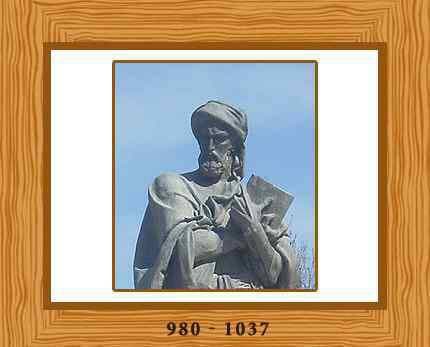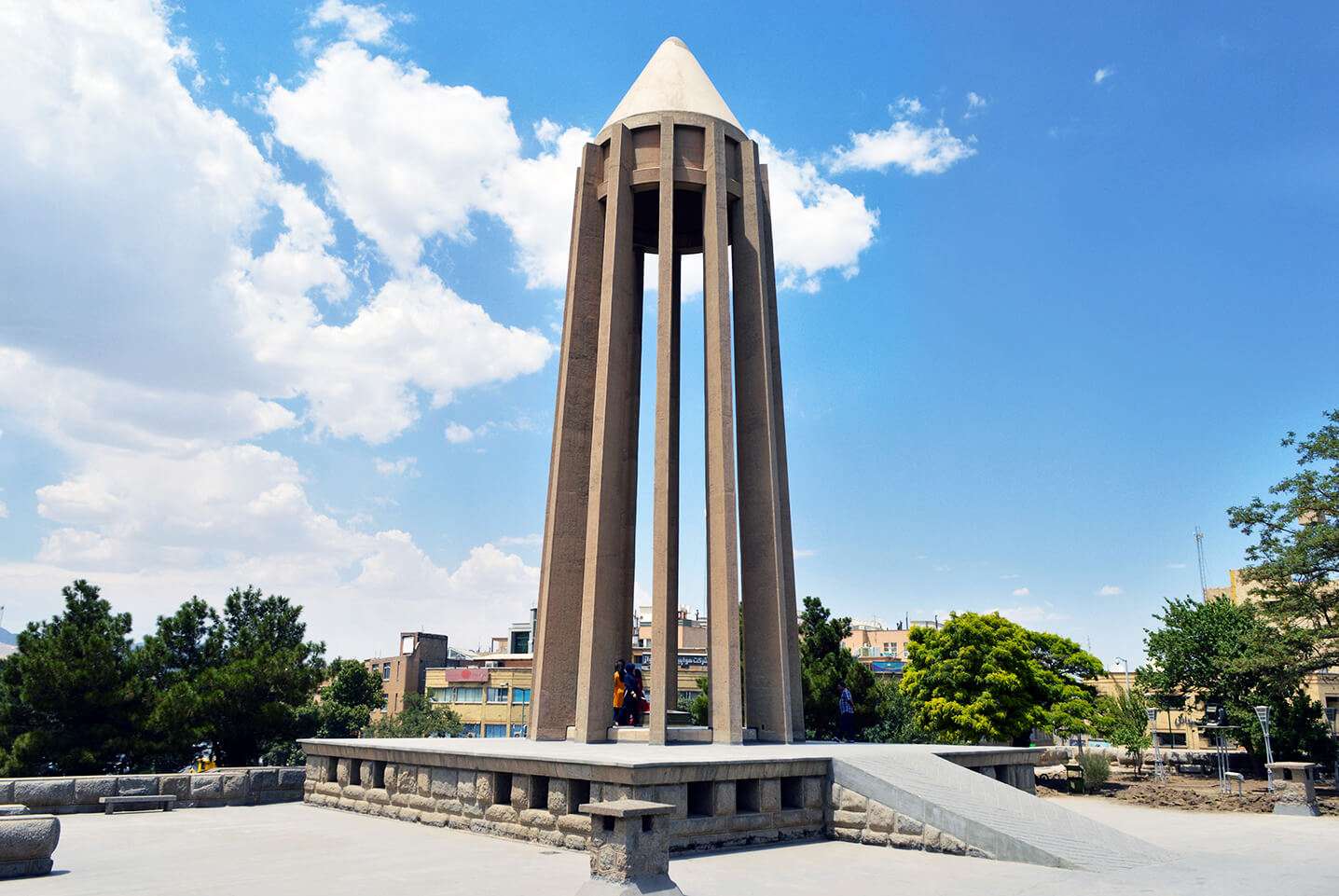Important People
Avicenna


Background
Avicenna also known as Ibn Sina
was born in August 22, 980 A.D in the village of Afshana, near Bukhara in Iran which is also his mother’s hometown.
Ibn Sina received his early education in his home town. He had exceptional intellectual skills which enabled him to overtake his teachers at the age of fourteen. During the next few years he devoted himself to Muslim jurisprudence, philosophy
and natural science and studied logic, Euclid, and Ptolemy’s Almagest.
Who Was he?
Avicenna is indeed a
true polymath with his contributions ranging from medicine, psychology, pharmacology to geology, physics, astronomy, chemistry and philosophy. He was also a poet.
Avicenna's Contributions
His most important contribution to medical science was his famous book Al Qanun Fi Al-Tibb (The Canon of Medicine). This book is an immense five volume encyclopedia of medicine containing over a million words. It comprises of medical
knowledge available from ancient and Muslim sources. His other major work is “The Book of Healing”, a scientific and philosophical encyclopedia. These books were used as text books in Europe until the 17th century.
He is regarded to as the “Father of early modern medicine.”